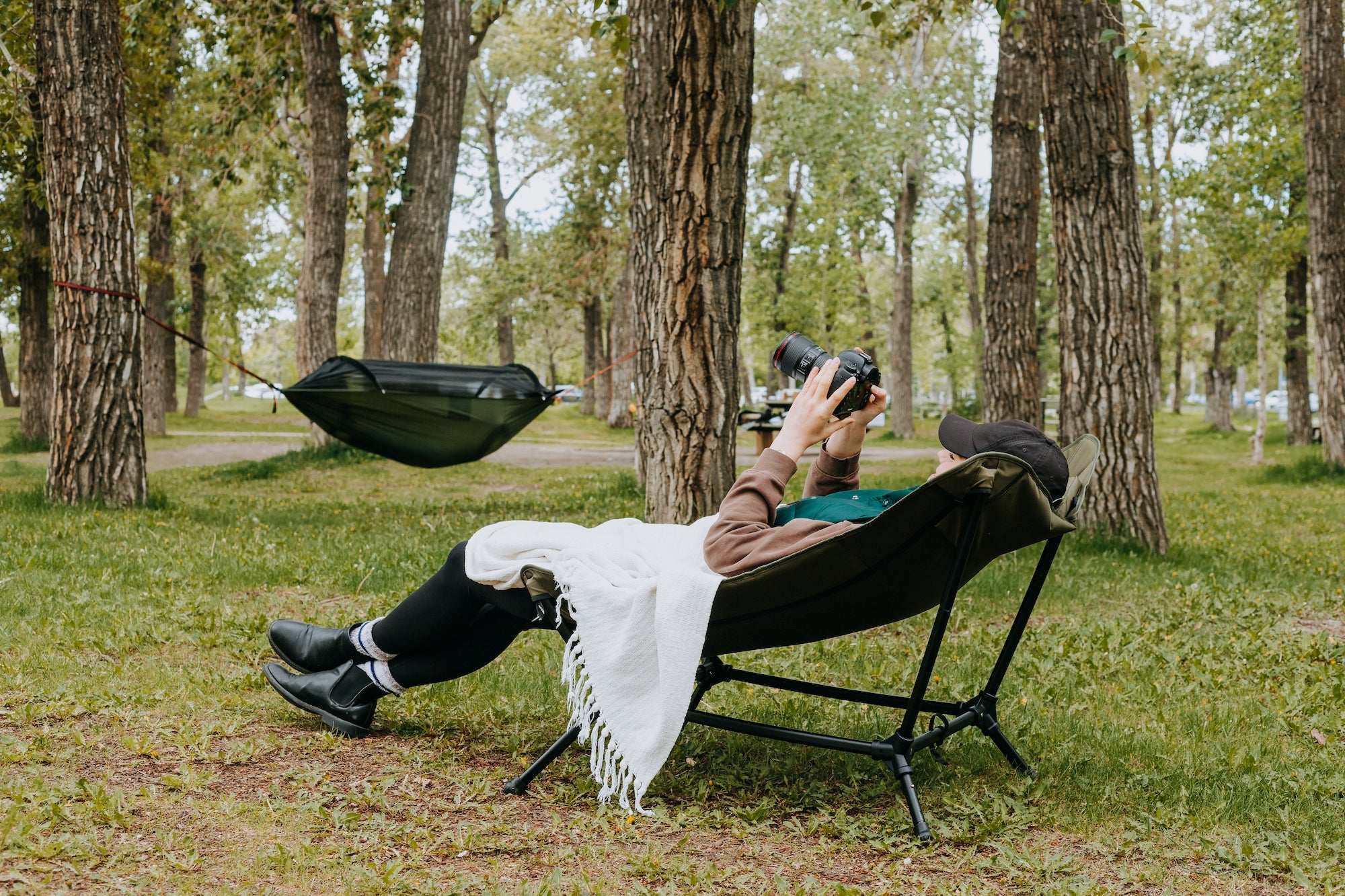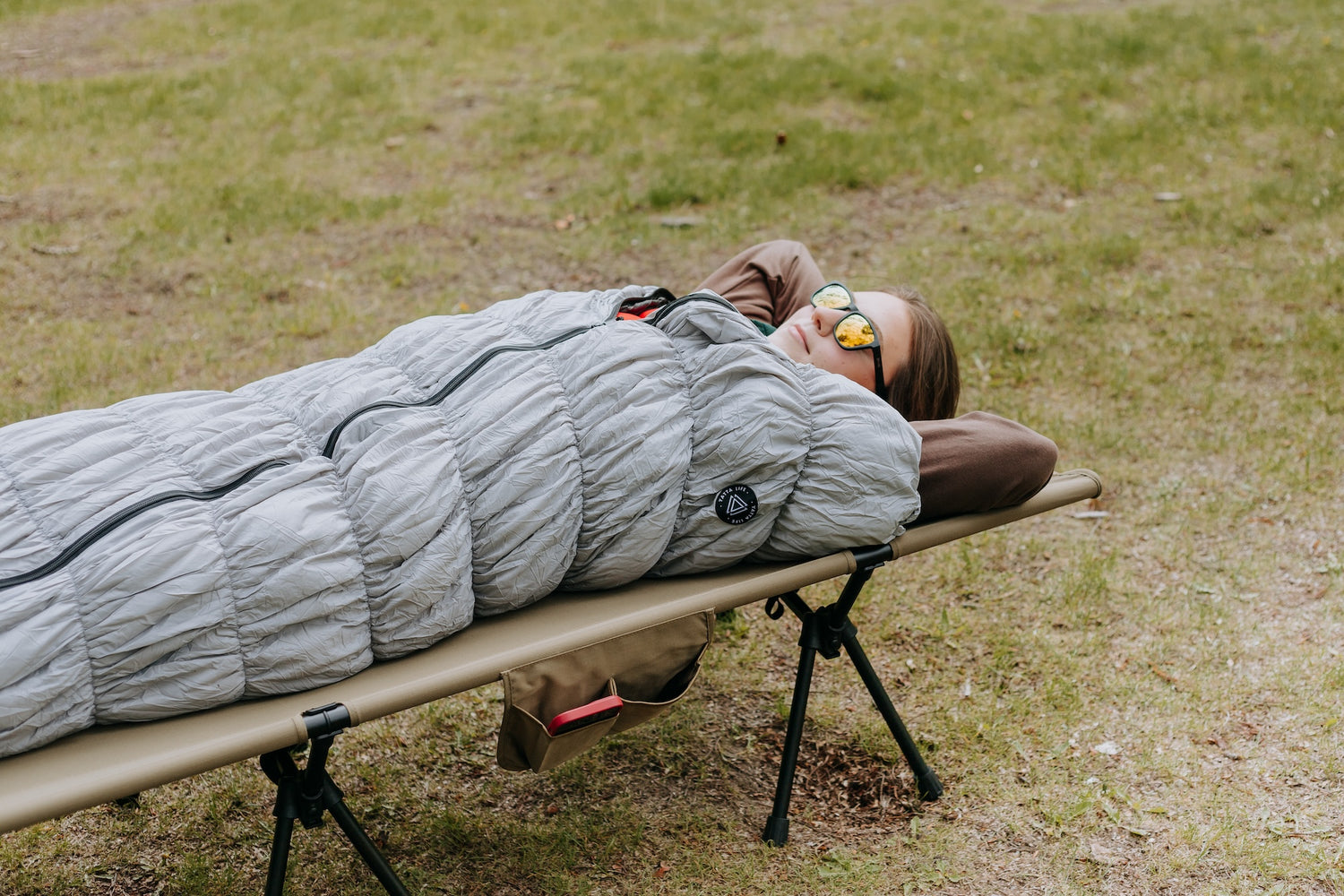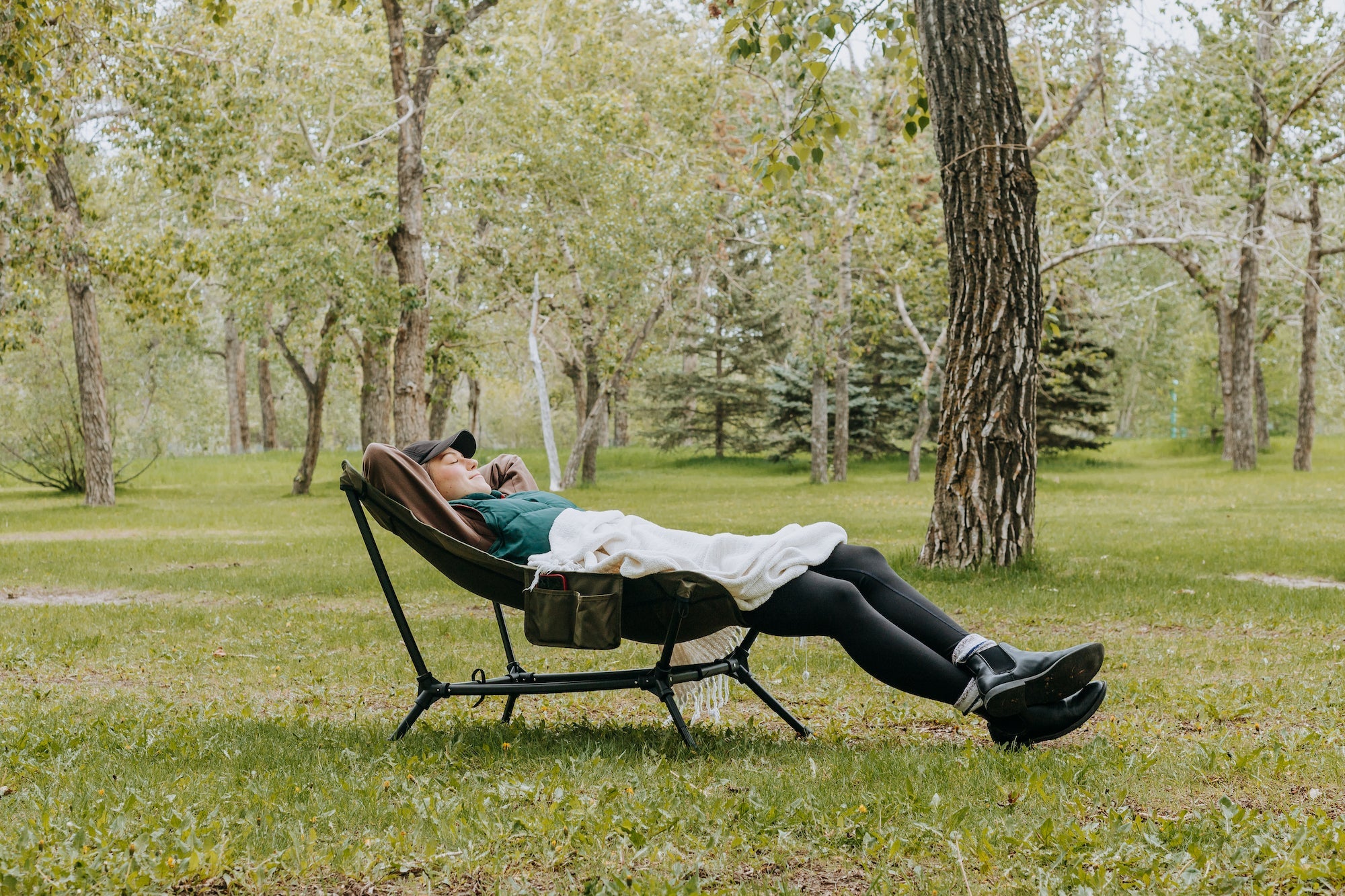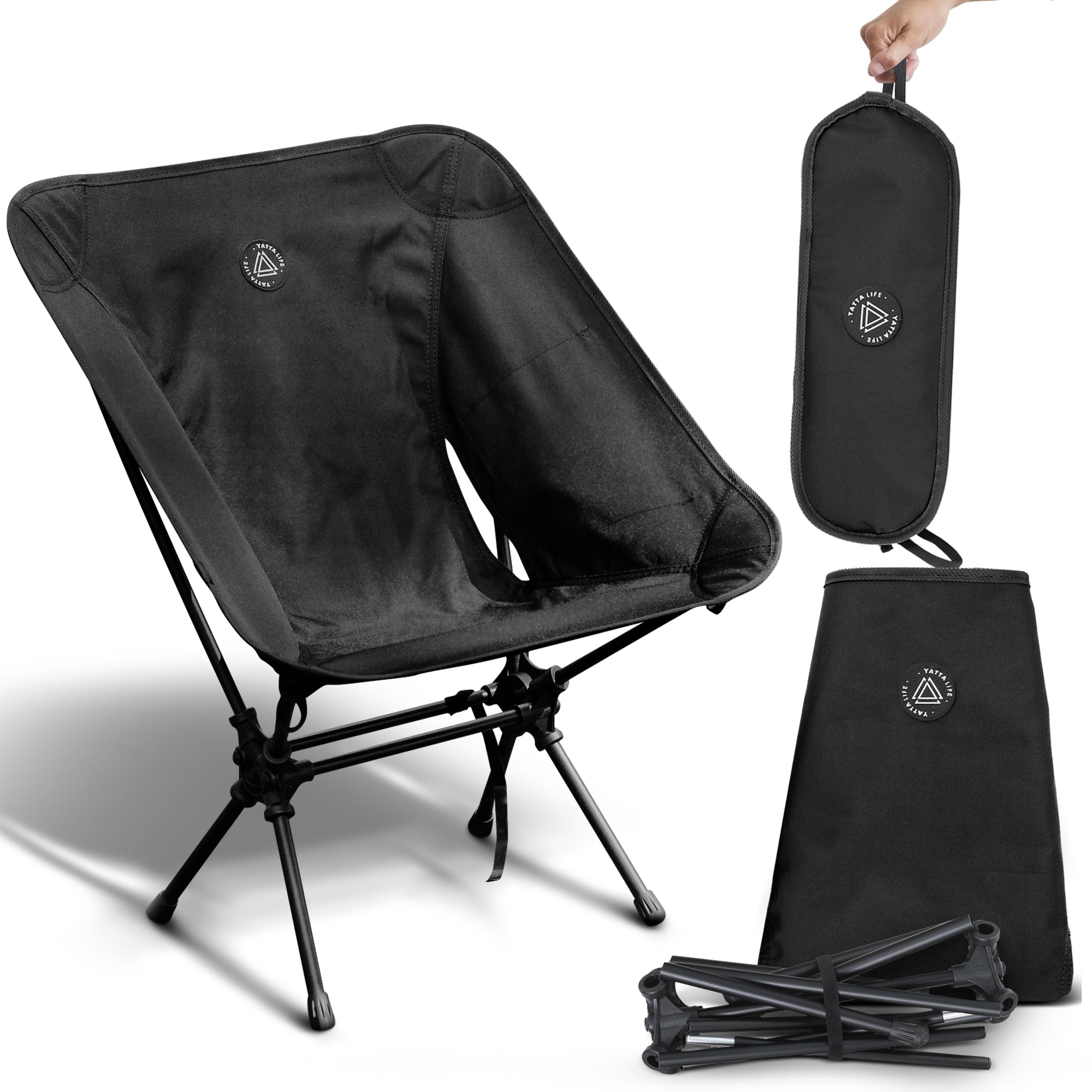When it comes to camping, a good night's sleep can make or break your outdoor experience. A camping cot is a valuable piece of equipment that provides a comfortable and elevated sleeping surface, keeping you off the cold, uneven ground. But what exactly makes for a good camping cot? This guide will walk you through the essential features and considerations to help you choose the perfect cot for your outdoor adventures.
1. Comfort
- Mattress Support: Look for a cot that offers firm yet comfortable support. Some cots come with built-in padding, while others may require a separate sleeping pad for added comfort.
- Surface Material: The material of the cot's sleeping surface should be breathable and durable. Fabrics like polyester or nylon are common, offering a balance between comfort and longevity.
2. Weight and Portability
- Lightweight Design: If you're planning to hike to your campsite, the weight of your camping cot becomes a crucial factor. Ultralight cots made from materials like aluminum can be a great choice.
- Ease of Setup: A good camping cot should be easy to assemble and disassemble. Look for cots that can be set up quickly without the need for tools.
- Compactness: Portability is key, so choose a cot that folds down into a compact size that can easily fit in your car trunk or backpack.
3. Durability
- Frame Construction: The frame of the cot should be sturdy and resistant to wear and tear. Aluminum and steel are common materials used for frames, with steel providing extra strength and aluminum offering a lightweight option.
- Weight Capacity: Check the weight capacity of the cot to ensure it can comfortably support your body weight. Some heavy-duty cots can hold up to 500 pounds or more.
4. Size
- Dimensions: Make sure the cot is long and wide enough to accommodate your height and sleeping style. Oversized camping cots are available for those who need more space to stretch out.
- Height from Ground: Consider the height of the cot from the ground. A higher cot can provide more storage space underneath and make it easier to get in and out of bed, but may also be bulkier.
5. Stability
- Leg Design: The stability of the cot is largely dependent on its legs. Cots with multiple legs or X-shaped frames tend to offer more stability on uneven ground.
- Non-Slip Feet: To prevent the cot from moving during the night, look for models with non-slip feet.
6. Weather Resistance
- Waterproofing: If you expect to camp in wet conditions, a cot with waterproof fabric or a water-resistant coating is essential.
- Rust-Resistant Frame: Ensure that the frame is treated to resist rust, especially if you'll be camping in humid or rainy environments.
7. Additional Features
- Storage Pockets: Some camping cots come with attached storage pockets or organizers for keeping essentials like your phone, flashlight, or water bottle within reach.
- Canopy or Mosquito Netting: For added protection from the elements or insects, some cots come with a built-in canopy or mosquito netting.
Conclusion
A good camping cot is more than just a place to sleep; it's an investment in your comfort and overall camping experience. By considering factors such as comfort, weight, durability, size, stability, and weather resistance, you can find a camping cot that meets your needs and ensures restful nights under the stars. Whether you're a seasoned camper or new to the outdoors, choosing the right cot will help you enjoy your adventure to the fullest.
Check out our Yatta Life camping cot HERE.





Leave a comment
All comments are moderated before being published.
This site is protected by hCaptcha and the hCaptcha Privacy Policy and Terms of Service apply.